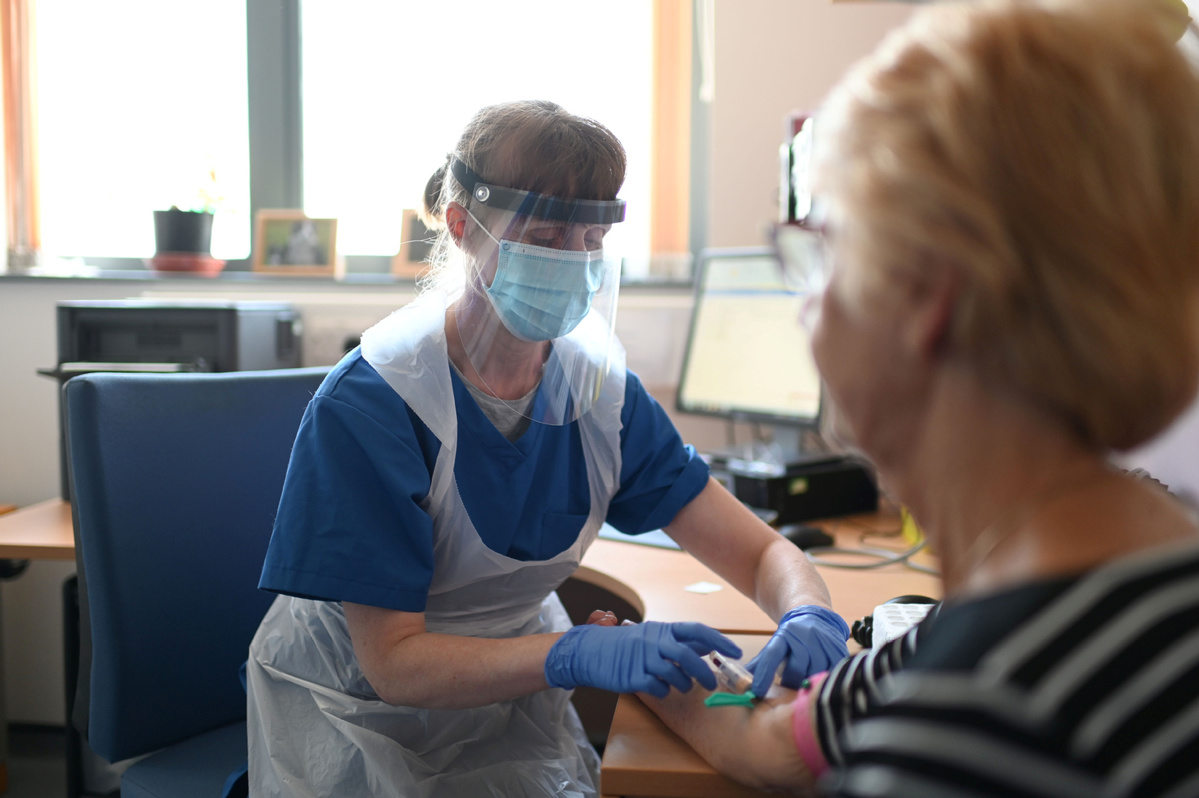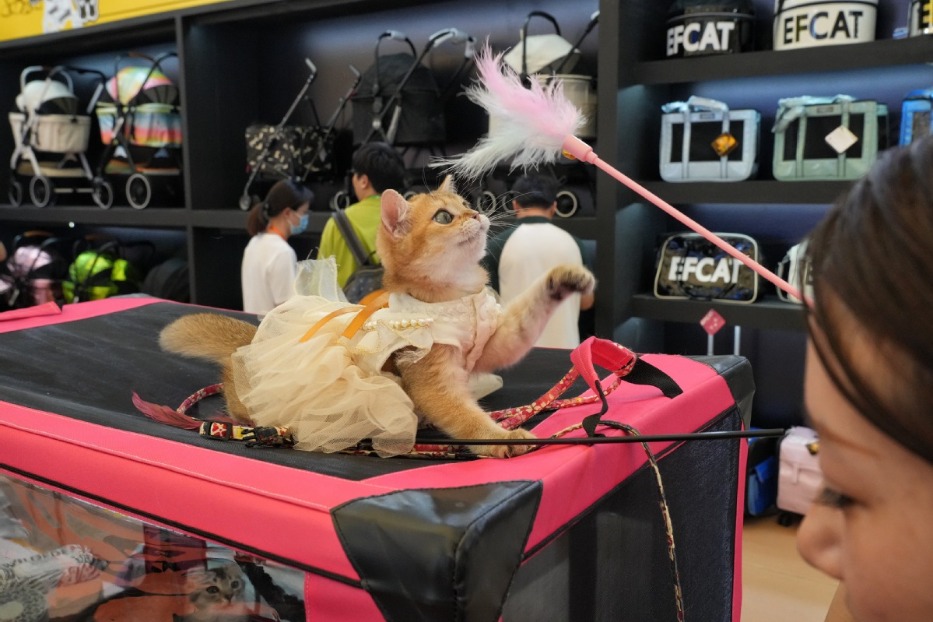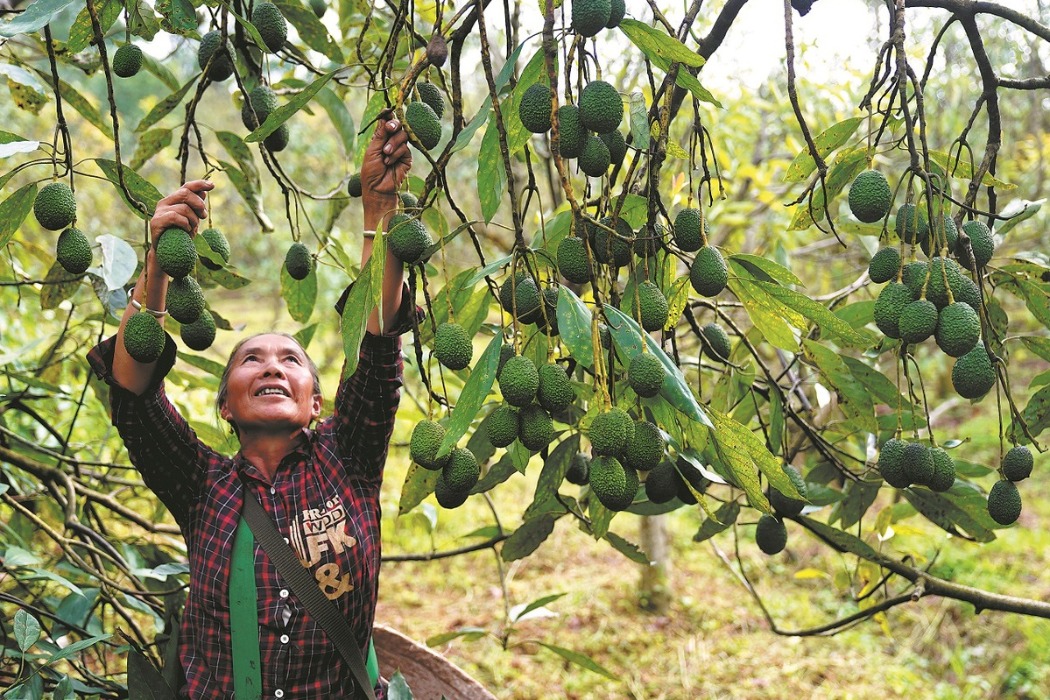Lack of PPE cost UK $13.3 billion
By EARLE GALE in London | China Daily Global | Updated: 2020-11-26 09:38

The United Kingdom's lack of either a stockpile of personal protective equipment or the ability to quickly manufacture one cost the nation around 10 billion pounds ($13.3 billion), according to its official spending watchdog.
The National Audit Office said inadequate reserves of the protective equipment, which is known as PPE, before the start of the novel coronavirus pandemic meant the nation had to pay "very high prices due to unusual market conditions" after it began.
The health department spent 12.5 billion pounds on 32 billion items of PPE between February and July, the National Audit Office, or NAO reported. The equipment would have cost 2.5 billion pounds if it had been purchased in 2019. Of the 32 billion items ordered, only 2.6 billion were delivered, the NAO added. And it said many of those items were defective.
The Financial Times quoted Gareth Davies, head of the NAO, as saying: "Once it recognized the gravity of the situation, (the government) worked hard to source PPE, but most of these orders were not received in time for the first wave of the pandemic and many frontline workers reported shortages."
Meg Hillier, the Labour Party member of Parliament who chairs the House of Commons public accounts committee, told the paper the "government was far too slow to recognize how precarious the position was".
The NAO said the government has since built up a four-month stockpile of PPE and has greatly improved indigenous PPE manufacturing capability, suggesting the problem is unlikely to be repeated.
And another area of the economy that has seen a shake-up in recent months because of the pandemic, the take-away industry, has also continued to evolve, according to the Reuters news agency, which says some restaurants are now relying on "home kits" to keep them afloat during lockdown.
The kits include everything an ordinary person needs to recreate their favorite restaurant meals at home and are delivered to people's doorsteps.
James Knappett, a chef and owner of the Michelin-starred London restaurant Kitchen Table, told Reuters: "It's a very hard feeling to have to give this control to the guests ... But the word that we use every day more than any ... is survival, and if we didn't do that there wouldn't be a restaurant to come back to."
Other enterprises, including "pizza in the post" Pizza Pilgrims, have sprung up in recent weeks after restaurants were ordered to close for the UK's second national lockdown.
With the lockdown set to end on Dec 2, it remains to be seen whether such enterprises will continue when restaurants reopen their doors.
A strict national lockdown is also set to end soon in France.
There, President Emmanuel Macron has said non-essential shops will be allowed to reopen but, unlike the UK, bars and restaurants will have to remain closed, until at least Jan 20.
"We must do everything to avoid a third wave, do everything to avoid a third lockdown," he said in a televised address to the nation.
France has had more than 50,000 COVID-19 deaths.
Macron said in his address on Tuesday evening that France has now passed the peak of its second wave of virus infections and that most lockdown restrictions will be relaxed from Dec 15, for the Christmas period.
Germany too is getting ready for its first Christmas shared with the novel coronavirus and the Guardian newspaper has reported that people there have been told they will have to forego their traditional fireworks on New Year's Eve.
The sale of fireworks, which usually takes place during the three days prior to Jan 1, has been outlawed this year in an attempt to put less pressure on hospitals, which are already under strain from the virus.
Germany earlier outlawed another popular annual tradition, its tourist-friendly Christmas markets.
Despite Europe's efforts in tackling the spread of the virus, they have fallen short of those taken in the Asia-Pacific region, according to a ranking compiled by the Australia and New Zealand Banking Group.
The latest analysis from the group, which is known as ANZ, found the region had extended its lead over Europe and the United States because of effective management of the virus that also allows the economic recovery to continue.
China tops the ranking, which looks at the strength of the virus in the context of the economy.
























